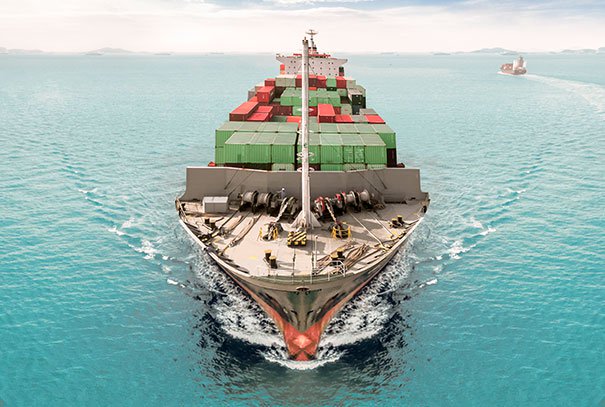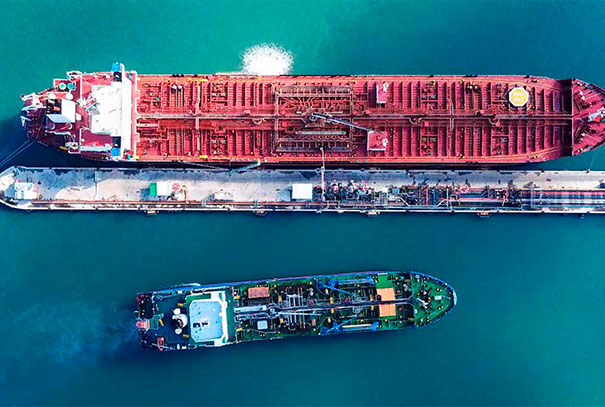
Renewal wise, negotiations were slower to get going than in previous years and were perhaps tougher in nature, with the majority of Clubs setting the tone by the General Increase levels called and pursuing deductible rises with renewed vigour. Notable in their approach, the UK Club stood firm and were clear that they would not be negotiating any renewals before announcing their Club renewal approach, including their targeted premium increase.
Against this backdrop, and as is customary for this time of year, the Clubs have, generally speaking, indicated ‘satisfactory’ renewal results, with many reporting meaningful 2019 tonnage growth and indeed 2020 rating increases. Gard, for example, have announced an increase of approximately 15m Gross Tonnes1. Was this due to them not having a GI, the historical reduction or even removal of their deferred calls, or the appeal of their policy of diversity, including Hull and Machinery (H&M)? Most likely a combination of all these factors and notable at a time when we see another Club – West – entering the wider marine space with their announcement to acquire a stake in Nordic Marine Insurance2.
At the other end of scale, in the wake of unbudgeted supplementary calls and financial uncertainty for some, the mood in the market during negotiations was perhaps a little less buoyant. That said, Club management views appear determinedly optimistic, despite the foreseeable future challenges that remain to be fully addressed.
From a broader perspective, the investment markets have been volatile, to say the least, but positively so, with good gains, predominantly in equity markets, being seen until the final weeks of the February 20th year ended clubs. Yields from 5.5% to as much as 10.5%, have been reported. To some extent, these yields somewhat undermined the clubs pleas for the general increases projected in the autumn of 2019 and will have contributed to below target renewals being achieved.
As we previously hypothesised, it is indeed likely that we may now see some Clubs actually report increases in free reserves. That said, the longer-term picture remains fluid, with many 2019 policy year investment gains having been wiped out as markets tumbled around and just after 20th February in the wake of the ongoing COVID-19 situation. This market correction saw the biggest falls seen in investment markets since the 2008-09 crash3.

The medical and financial implications of the corona virus have been much discussed, the impact debated at length and the associated insurance aspect remains under close scrutiny. From a shipping perspective, the question of safe ports and associated charter party provisions is much commented upon, with the loss of hire impact seemingly not insignificant. The Clubs have issued numerous loss prevention updates on the situation, indicative of the concern this has raised at all levels, but it is true to say that the full extent of the commercial impact on the world is far from certain, and the timeline for the disruption remains a significant unknown.
Coupled with the recent implementation of the Global Sulphur Cap, it is conceivable that significant number of disputes will likely develop. Will 2020 be the year where Freight, Demurrage and Defense Insurance (FD&D) comes to the fore, in a way that we have not seen since the start financial crisis in 2008/2009?
Some of our readers may have come across a recent article advocating, amongst other things, a reduction in the number of P&I Clubs. This concept has been talked about, and mostly dismissed, for the past 20 years, culminating in the aborted UK and Britannia merger rejected in 2016. The logic behind consolidation seems to make little more sense now than it did at the turn of the century.
In our view, big does not necessarily make beautiful. The immediate impact of consolidation would see reorganization costs force overall administration expenses rise, although in the longer-term, they may fall with economies of scale. Capital could no doubt be used more efficiently, but this should not mean that rates slide even further – that is as disingenuous as it is reckless. Rates have to be sustainable and maintained as such, independent of external factors. By all means, return some capital, but do not fall into the trap of enabling further rate softening when the opposite may well be needed.
These benefits must be offset against the reduction in choice for the shipowner. P&I should not just be a homogeneous “one size fits all” product – there must remain the opportunity to tailor coverages, and for this to be effective it requires there to be consumer choice. Across the global economy, consumers are railing against the growth of international globalization and consolidation, so why should shipping insurance be any different.
Setting aside the advantages and disadvantages of consolidation noted above, the big question has to lie in the practicalities – if it were desirable, how could this be achieved? It is widely accepted the last “natural merger” in the industry was seen in 1998, and that was largely motivated by financial weakness on the part of one club - consolidation is unlikely to happen voluntarily.
How, therefore, would the ‘surplus’ clubs be persuaded to throw themselves under the bus for the supposed common good? Which would survive and who chooses them? Could historic rivals learn to work together? More importantly, what motivation would there be to drive these changes? “The common good”, despite being at the core of mutuality is, at best, notional in this context.
Whilst there is no motivation for any of the Clubs (and even less for their managers) to voluntarily cease, there is equally seemingly little motivation for the surviving to formally acquire or merge. If a target club is struggling, various rivals could simply pick off its best fleets / members and watch it collapse amidst a flurry of excess calls: but would anyone want the run off risk that inevitably accompanies an acquisition? We are, arguably, already seeing this begin to happen.
Mergers have, historically, occurred during times of financial stress (Sunderland, Newcastle and, although not strictly a merger, Liverpool & London) and in today’s more highly regulated environment, that scenario is increasingly unlikely.
One thing we can be certain of is that these are uncertain and testing times and, as we enter this era of change, the P&I market will likely look very different for the next generation. A challenging year awaits us all but these conditions will likely favour the financially robust and operationally agile, whether shipowner, P&I Club or indeed broker.
Whilst we anticipate travel plans and functions will continue to be impacted over the coming months, we continue to monitor the situation very closely and wish you all a fortuitous and, most importantly, safe start to the 2020 policy year.
1. www.gard.no/web/news/article?p_document_id=29223754
2. www.seatrade-maritime.com/finance-insurance-west-pi-club-buy-stake-nordicmarine-insurance
3. www.wsj.com/articles more-markets-head-toward-correction-territory-as-coronavirusspooks-investors-11582864550


